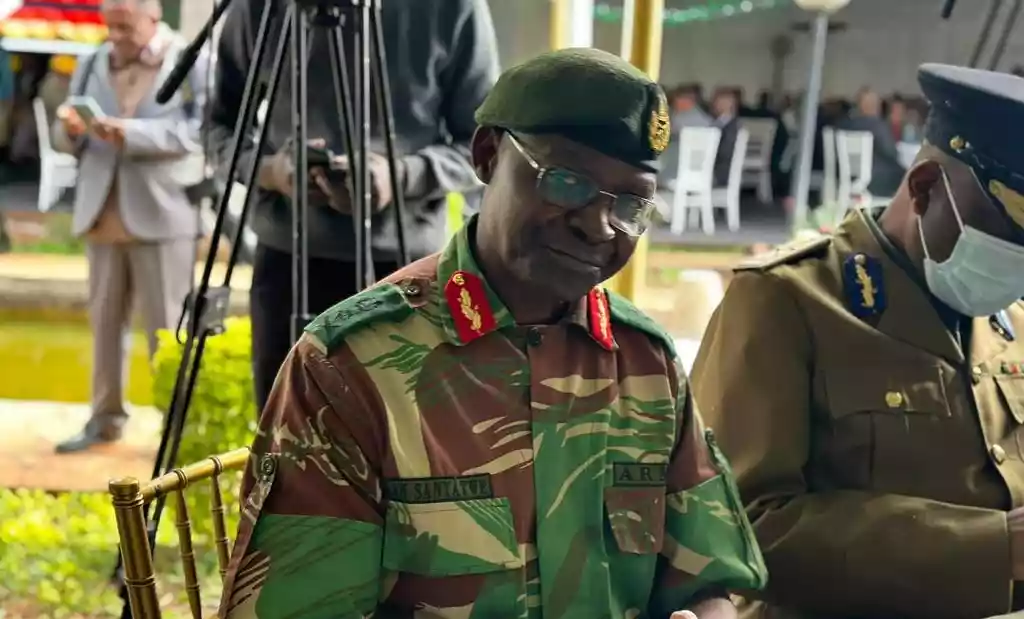
IT was reassuring to patriotic citizens to hear Zimbabwe National Army (ZNA) commander, Anselem Nhamo Sanyatwe, enunciate the constitutional mandate of the military in state affairs this week.
Sanyatwe’s remarks, anchored in the founding legal and moral values of the military, were delivered as the nation commemorated Defence Forces Day on Tuesday.
The decorated general, a veteran of Zimbabwe’s liberation struggle, highlighted the military’s core responsibility: safeguarding the country’s territorial sovereignty. This duty, as Sanyatwe noted, is rooted in Section 212 of the constitution.
In all fairness, Sanyatwe struck the right chords, reaffirming the military’s legal functions and highlighting Zimbabwe’s milestones as a constitutional democracy.
However, his comments a fortnight ago, suggesting that the military would use “command voting” to ensure Zanu PF’s perpetual rule, torched a storm and sparked widespread concern.
“Whatever your stated and expressed wishes, I am now speaking as the commander of the army. We shall use what is called command voting. Do we understand each other? Forward with Zanu (PF), forward with (PF). Forward with (President) ED (Emmerson Dambudzo) Mnangagwa. Down with the enemy,” he chanted the Zanu PF slogan.
Alarmed by Sanyatwe’s loyalty to Zanu PF and his apparent willingness to subvert the constitution, prominent lawyer Thabani Mpofu petitioned the Zimbabwe Electoral Commission, urging the general to retract his remarks. Mpofu also called on Sadc to scrutinise Sanyatwe’s conduct as Zimbabwe prepares to lead the regional bloc.
Zimbabwe has already experienced a military-assisted intervention that ended Robert Mugabe’s nearly four-decade rule in 2017.
- Former ZNA captain sues for unlawful detention
- Soldier dies, 3 arrested in robbery shootout
- Military shops for arms in Pakistan
- ZNA member killed over woman
Keep Reading
In West Africa, military coups have toppled elected governments in Niger, Burkina Faso, Mali and Guinea. These recent events underscore the dangers of military intervention in politics.
Bluntly speaking, military interventions are not good for business.
They are not fashionable. Such actions are destabilising, detrimental to trade, and tarnish a nation’s international standing.
Political instability that has rocked countries which have experienced military coups that toppled elected governments frustrates economic progress.
The aftermath of the 2023 coup in Niger is instructive. The Economic Community of West African States (Ecowas) imposed travel and economic sanctions. Ecowas’ stance had a ripple effect as countries in the region also closed borders with Niger as well as freezing its national assets.
The African Union also suspended Niger from the continental bloc. These repercussions illustrate the broader risks of military overreach.
A country like Zimbabwe in dire need of investment capital, and seeking to shed off its pariah status clearly cannot afford military interference in civilian political matters.










